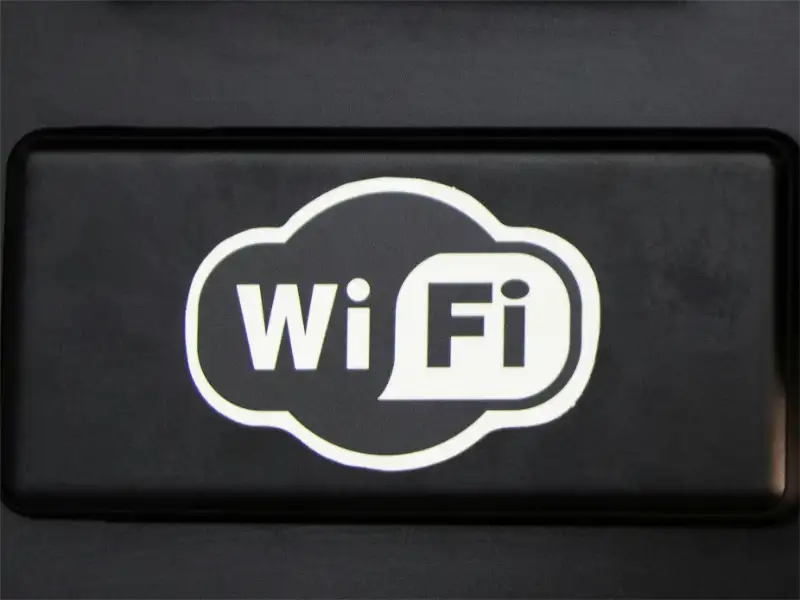- A network security key is simply what most people call a Wi-Fi password or passphrase.
- A network security key, commonly known as the WiFi or Wireless Network Password, is the password users use to connect to a wireless network. Every access point or router comes with a preset network security key that users can change in the device’s settings.
- When securing your wireless network, it’s essential to understand the different types of network security keys. Always use at least WPA2 for security and avoid using WEP.
OUR TAKE
By securing systems, applications, and data, network security enables organisations to effectively deliver products and services while safeguarding their operations, interests, and customer information. And network security key prevents cybercriminals from accessing sensitive data, protecting against identity theft and reputational harm.
–Miurio, BTW reporter
A network security key is simply what most people call a Wi-Fi password or passphrase. It’s what users enter on users device when users connect to a wireless router or access point (AP). Network security keys help admins restrict access to users Wi-Fi network to authorised users only.
What is a network security key?
A network security key, commonly known as the WiFi or Wireless Network Password, is the password users use to connect to a wireless network. Every access point or router comes with a preset network security key that users can change in the device’s settings. This key is crucial for protecting users network from intruders; without it, users can’t connect to the wireless network, making strong network security essential. It’s common to forget the security key since most default keys are difficult to remember and are typically entered only once or twice a year.
Also read: Private wireless network vs WIFI
Also read: An introduction to Local Area Network (LAN)
Types of security key
When securing your wireless network, it’s essential to understand the different types of network security keys. Always use at least WPA2 for security and avoid using WEP (Wired Equivalent Privacy). WEP is an older type of key that uses a 40-bit key for encryption but can be easily cracked, making it insecure and unsupported by most modern routers. WPA (WiFi Protected Access) introduced a temporal key integrity protocol (TKIP) system with 128-bit encryption for each packet but has since been succeeded by WPA2, which uses stronger AES encryption and was introduced in 2006. Today, WPA2 is widely supported and recommended for securing home and office networks. The latest standard, WPA3, introduced in 2018 and supported by devices from 2020 onwards, features enhanced encryption (AES-256) and improved security measures, making it easier to securely connect devices without displays and providing robust protection even with weaker passwords.
The importance of network security for homes and organisations
Network security is crucial for both home networks and organisations, ensuring their functionality and reliability. For organisations, securing systems, applications, and data is essential to deliver products and services effectively while protecting operations, interests, and customer information. Network security prevents cybercriminals from accessing sensitive data, thereby avoiding issues like identity theft and reputational damage. It enhances client and consumer trust, shielding organisations from the negative impacts of security breaches, such as legal consequences and loss of reputation. In homes with internet-connected devices, robust network security reduces the risk of data loss and theft by protecting vulnerable wireless routers. Moreover, implementing the right network security solutions ensures regulatory compliance and mitigates financial risks associated with breaches, such as the compromise of intellectual property or the theft of products, ideas, and inventions, which can result in significant business setbacks and loss of competitive edge.
We should grasp that implementing appropriate network security solutions ensures regulatory compliance and mitigates financial risks associated with breaches, such as the compromise of intellectual property or the theft of valuable assets. Prioritising network security is critical for maintaining the integrity and success of both home networks and organisations.

